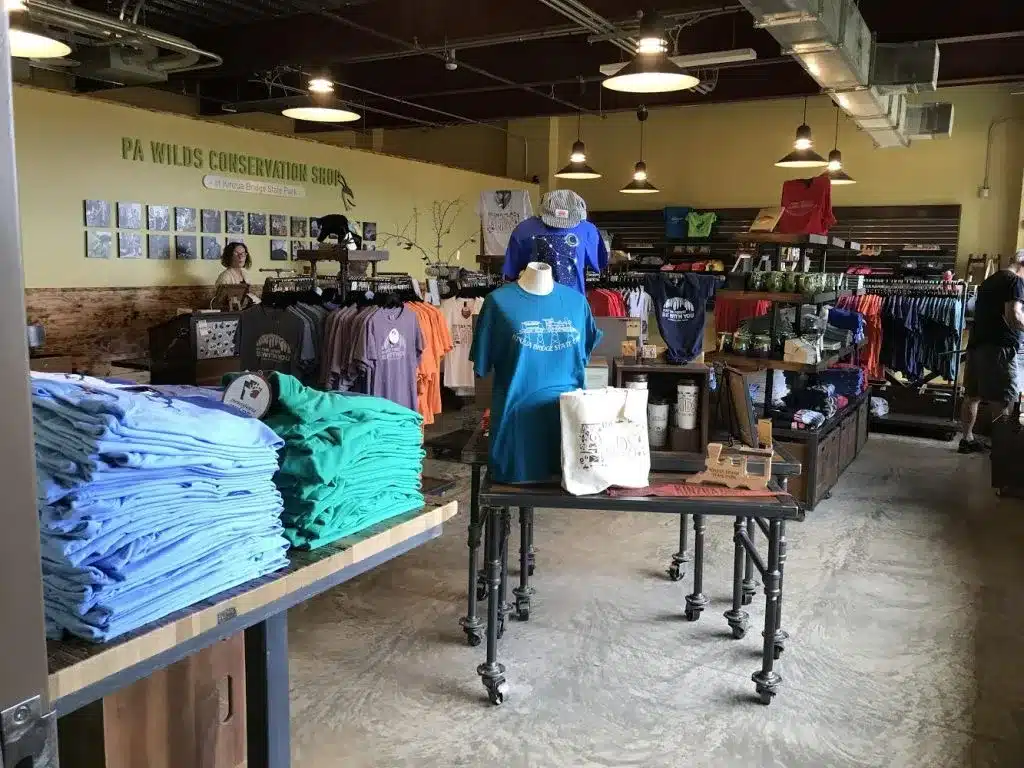This year, the Community Strategies Group is celebrating 40 years of convening, connecting, and supporting community development practitioners to build equitable economies and expand opportunities. For four decades, we’ve asked a powerful question: What will it take for disinvested and underinvested communities—and the people who live in them—to thrive?
Our answer has evolved as the field has grown, but our mission has remained steady: to advance community and economic development strategies grounded in practitioner knowledge, build long-term community wealth, and center collaboration and equity as both strategies and goals. As we mark this milestone, we’re reflecting on where we’ve been, what we’ve learned, and how that learning shapes our work toward a more thriving future for all.
Our Origins in Rural Poverty Policy
Aspen CSG is one of the longest-standing policy programs at the Aspen Institute. Our roots go back to 1985, when Susan Sechler, a former Hill staffer focused on development and sustainability, secured a grant from the Ford Foundation to launch the Aspen Institute’s Rural Economic Policy Program (REPP). The goal was to address a glaring gap: the lack of robust research on poverty in rural America.
A few years later, Susan also helped found the State Policy Program (SPP) at the Institute, with support from the W. K. Kellogg Foundation and Ford Foundation. As a companion to REPP, SPP brought state policy leaders together to engage with REPP’s research and develop more effective responses to rural poverty.
Scholars like Mil Duncan and William Galston helped define the intellectual landscape, producing widely cited works that drew national attention to the structural barriers facing rural areas.
And that work was just the beginning.
Building Connections through Peer Learning
In the early 1990s, a serendipitous opportunity arose when Betsy Campbell, then a program officer at the Ford Foundation, asked REPP to manage a new initiative: the Rural Development and Community Foundations Initiative (RDCFI), which later became the Rural Development Philanthropy Learning Network. This 10-year effort introduced REPP staff to the structure and potential of community foundations—not just as funders, but as place-rooted partners in building local economies and fighting poverty, even though few foundations played that role at the time.
Additionally, rather than focusing solely on publishing research, the team began connecting rural practitioners working on community development across different geographies, sectors, and ideologies. These connections formed the foundation of our signature peer-learning cohorts.
Led by Janet Topolsky, who previously worked for the Corporation for Enterprise Development, these peer-learning cohorts weren’t one-off convenings. Janet developed a structured approach that incorporated what practitioners knew how to do and what they aimed to achieve, creating space to share stories and exchange advice over time. We learned early on that local leaders already hold the insights needed for change—they just need time, space, and community to develop them.
One early cohort of 15 rural practitioners developed the Measuring Community Capacity Building Workbook, a foundational Aspen CSG publication. It helped establish community capacity building as a core strategy in the field and remains in demand today.
During this time, the Institute merged the REPP and SPP programs with the new name, Aspen Institute Community Strategies Group (Aspen CSG), to reflect our growing focus on place-based, equity-driven work.
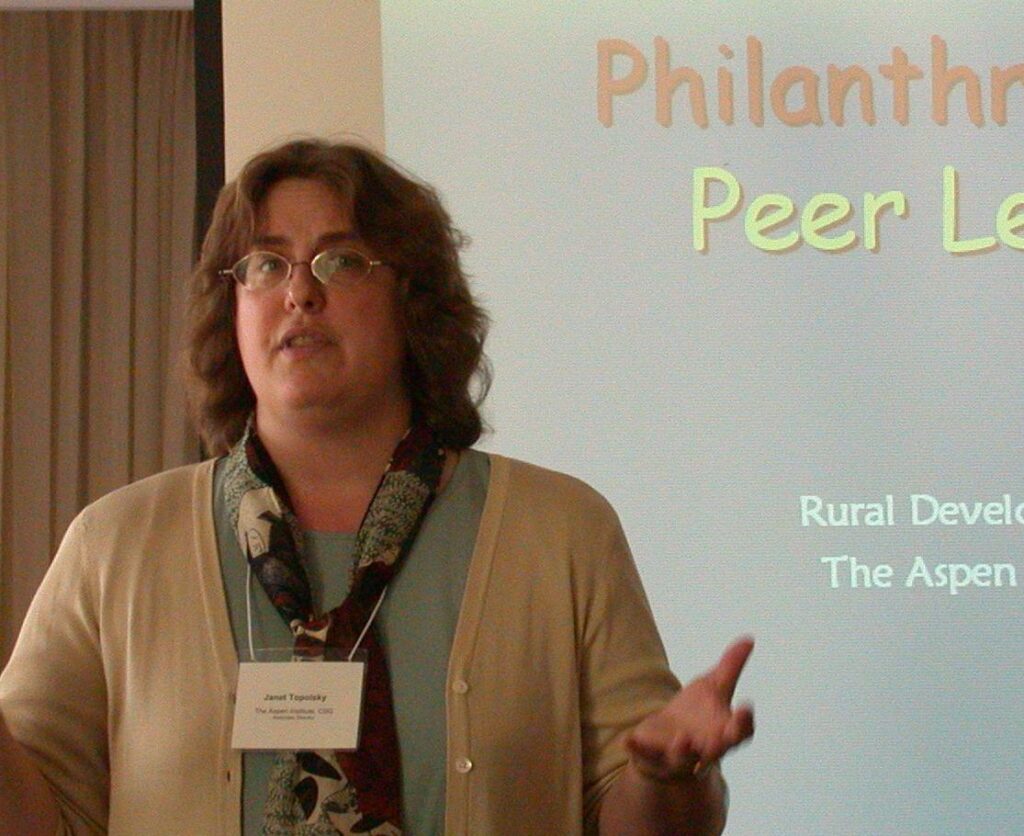
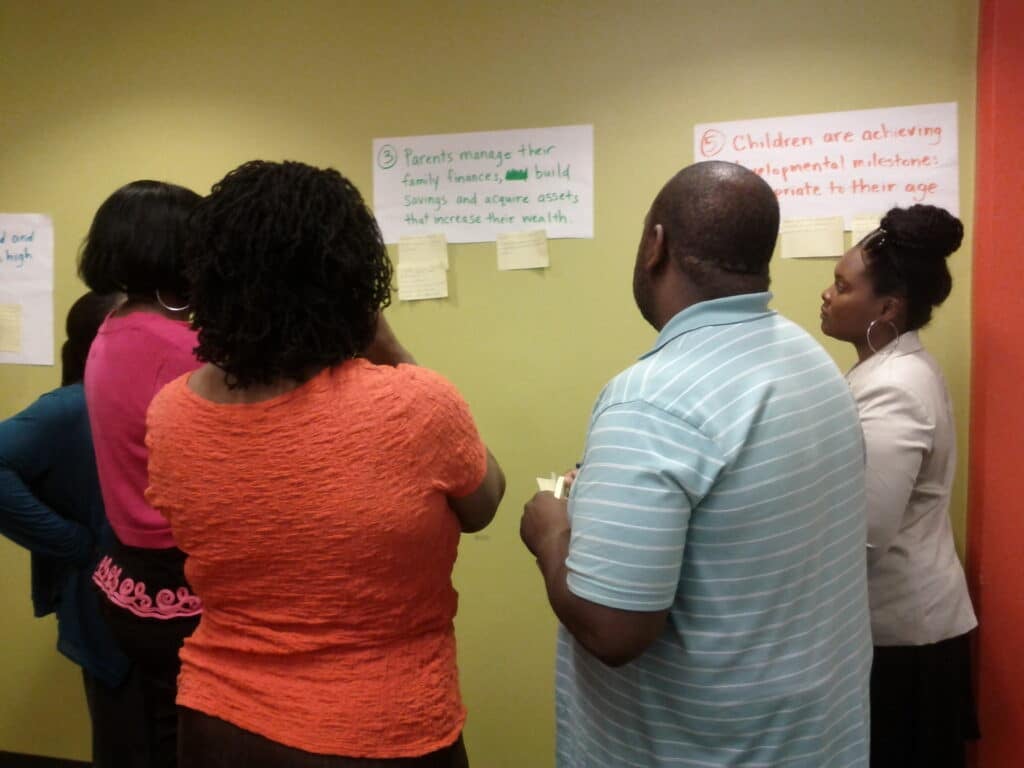
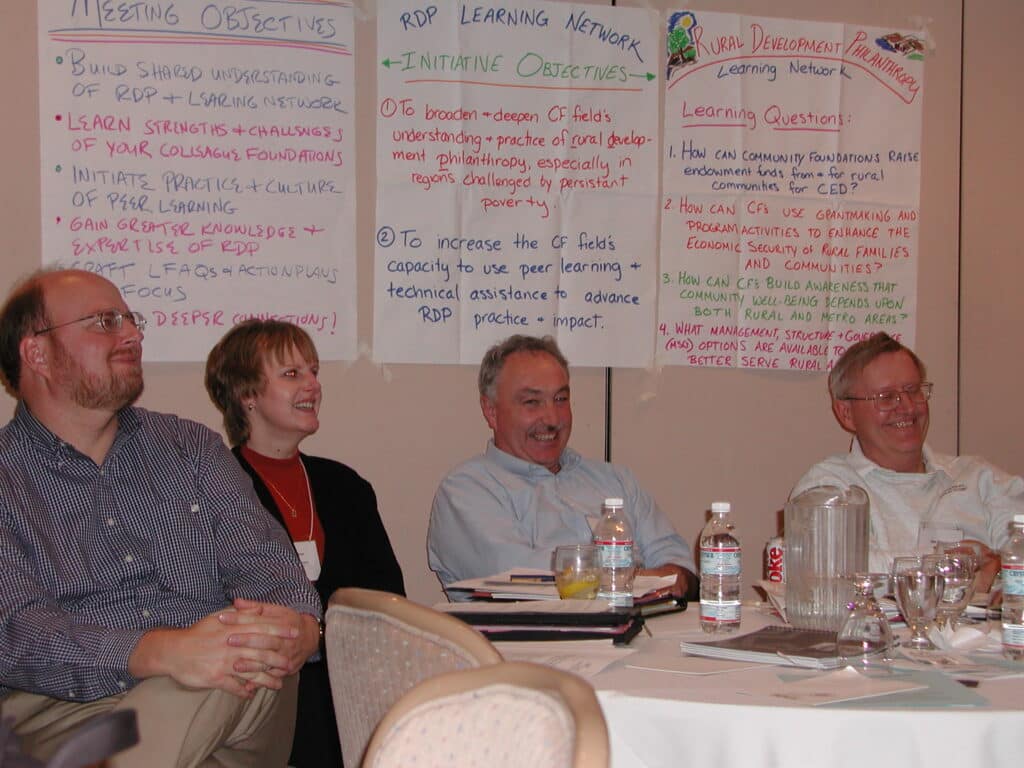
Navigating Change
The 2000s brought both challenges and transformation. The team balanced several staff changes, including the departure of Executive Director Meriwether Jones. John Molinaro joined the team from a community foundation. He and Janet Topolsky led the team as Co-Directors until John’s departure in 2012. As philanthropic funding shifted toward more targeted project grants, Aspen CSG consolidated its focus, strengthening its core work in community philanthropy, wealth-building strategies, and rural family economic success (starting the Institute’s first two-generation (2Gen) programming).
Key partnerships—with the Annie E. Casey Foundation, Ford Foundation, and CFLeads—allowed us to test and scale peer-learning efforts.
In 2011, the Ford Foundation engaged Aspen CSG as a national partner and lead coordinator for the WealthWorks approach. This work was built on the foundation’s Wealth Creation in Rural Communities initiative, which supported research review and piloted new rural development practices and outcome measures. Our role was to develop materials, curriculum, and engagement strategies that make WealthWorks an open-source, accessible, and actionable resource for individuals, organizations, and regions working on community and economic development.
We are especially grateful to have learned from many visionary leaders in the field during this time, including Cornelia (Neal) Flora, whose Community Capitals Framework reshaped how many of us understand rural development. Her insight—that thriving communities invest in multiple forms of capital, not just financial—was foundational to WealthWorks and continues to guide our pursuit of equitable, sustainable rural prosperity.

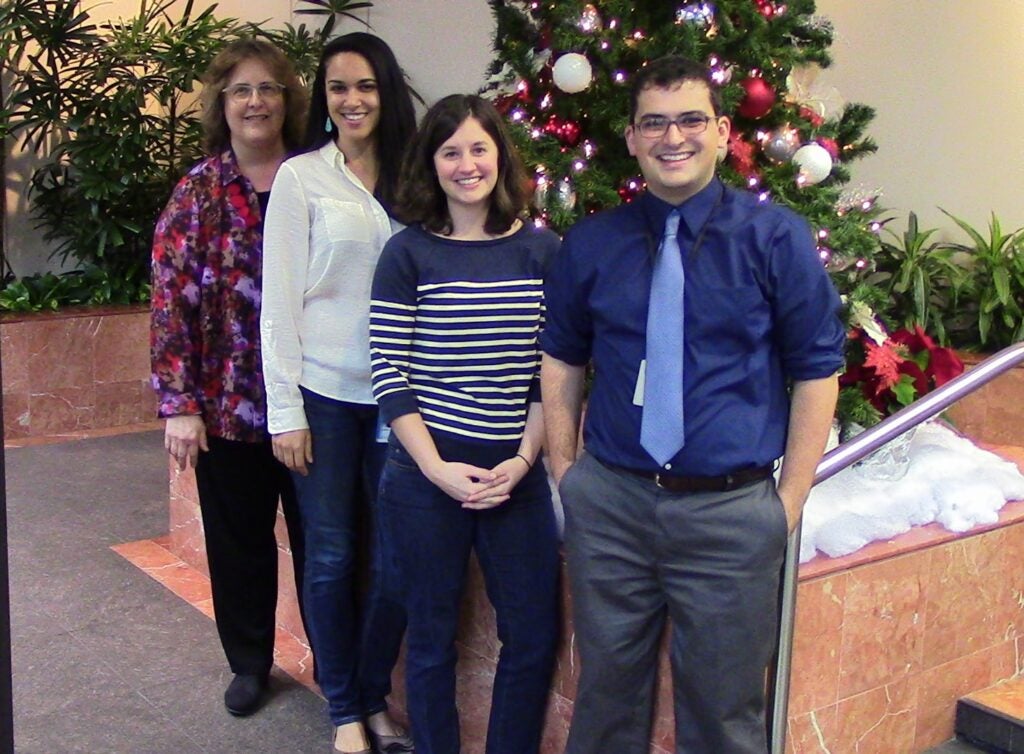
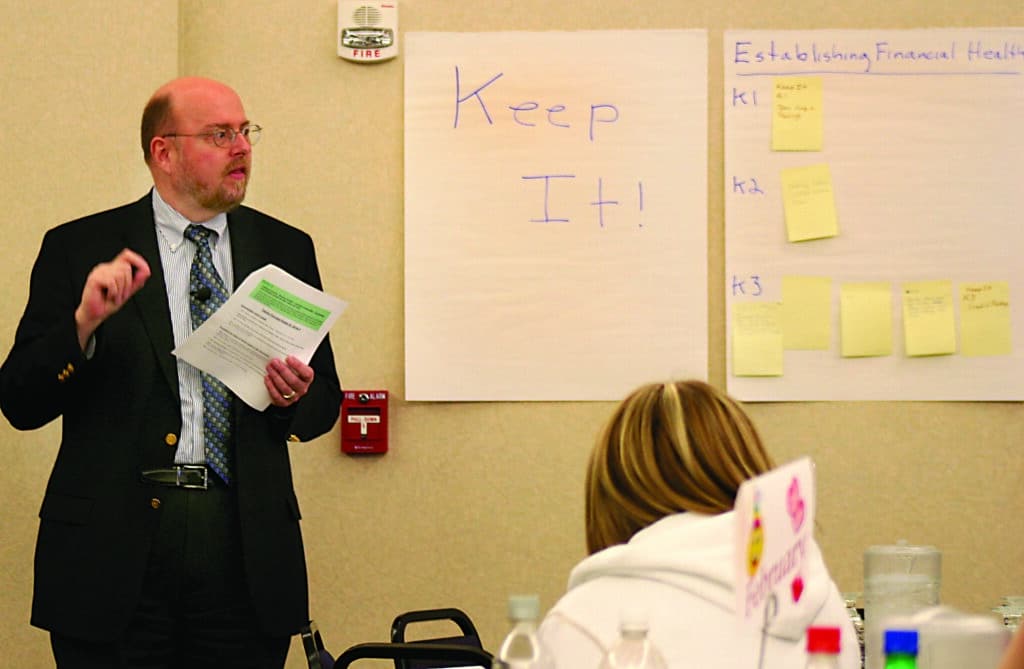
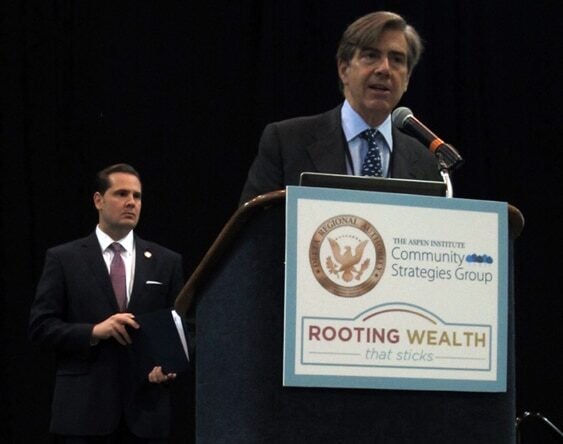
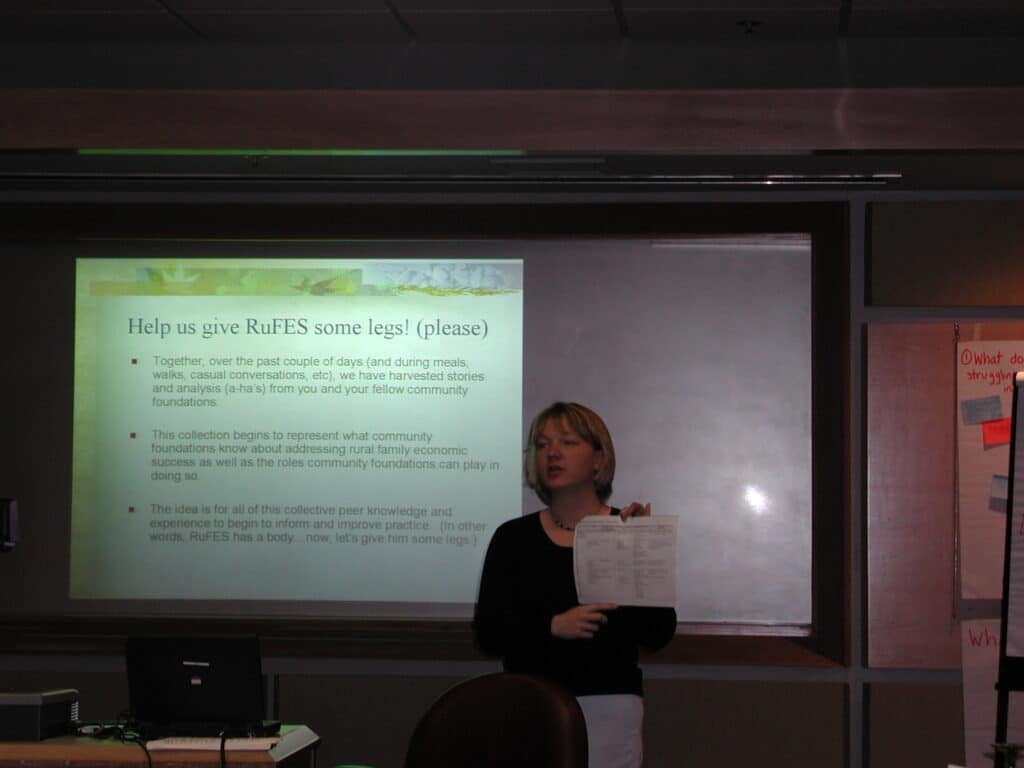
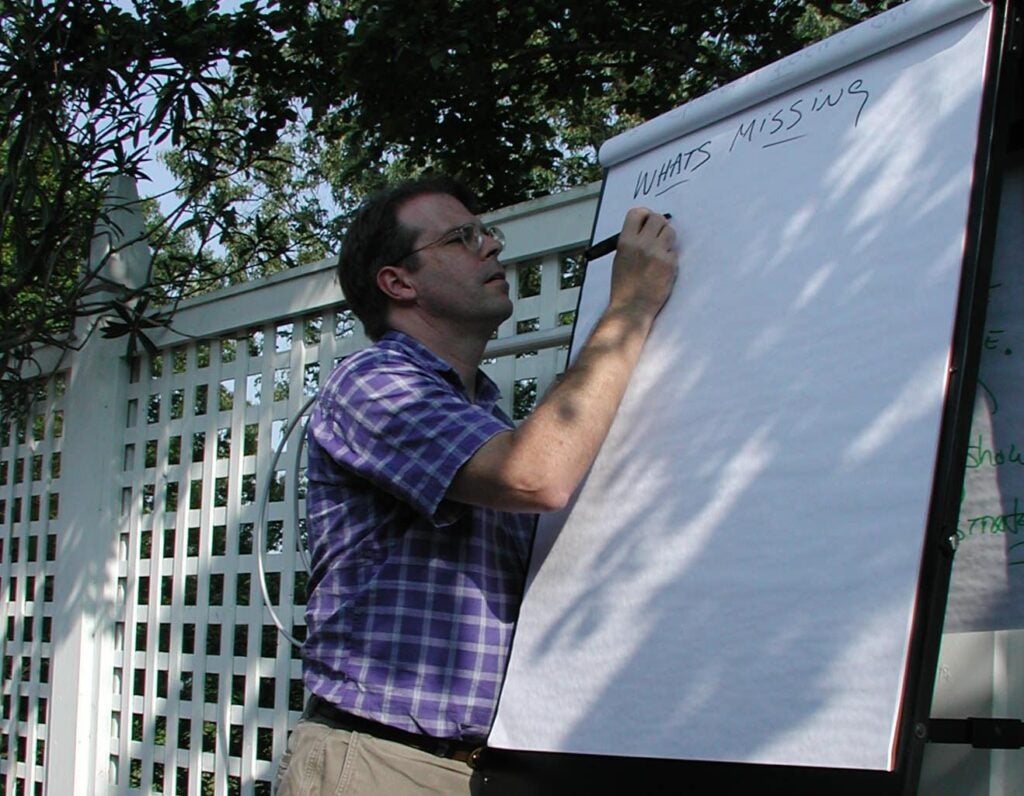
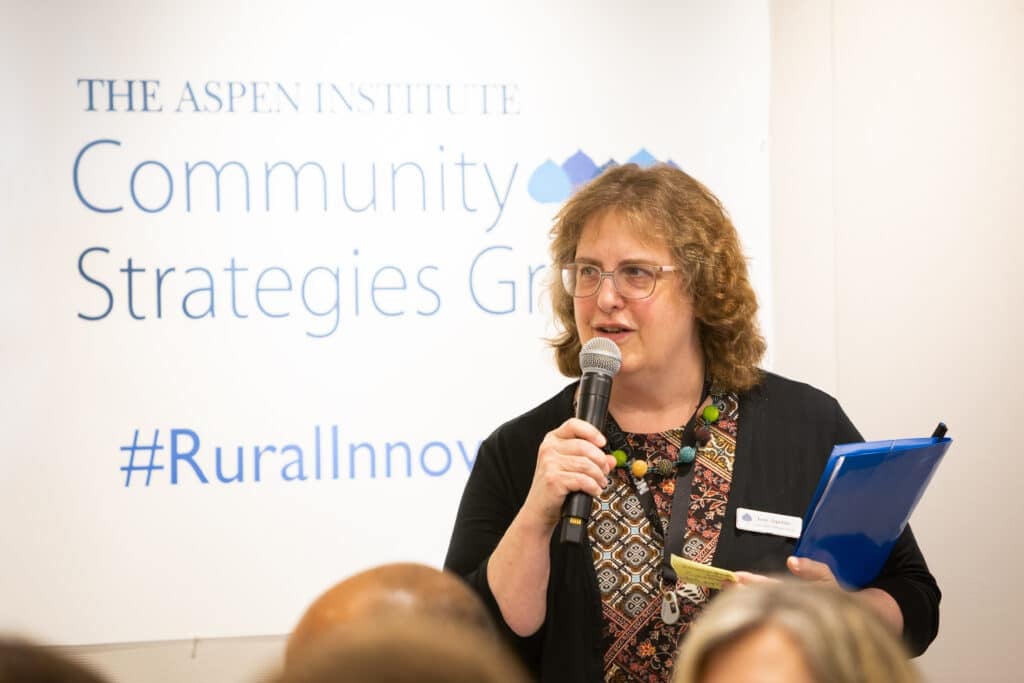
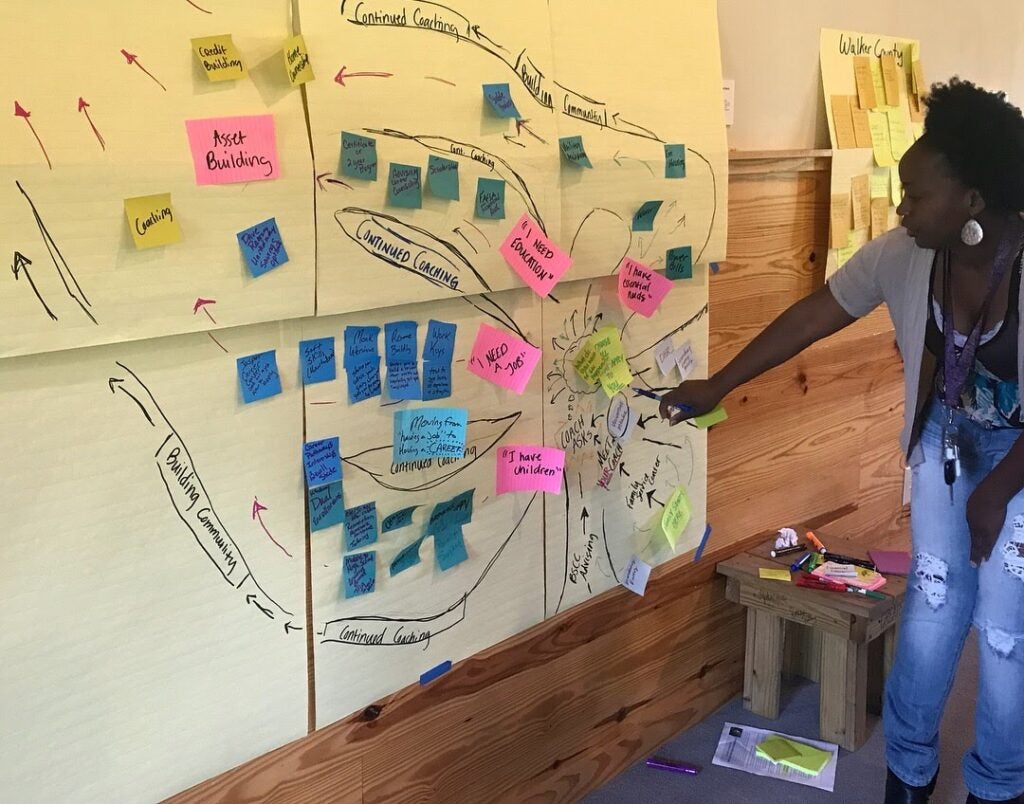
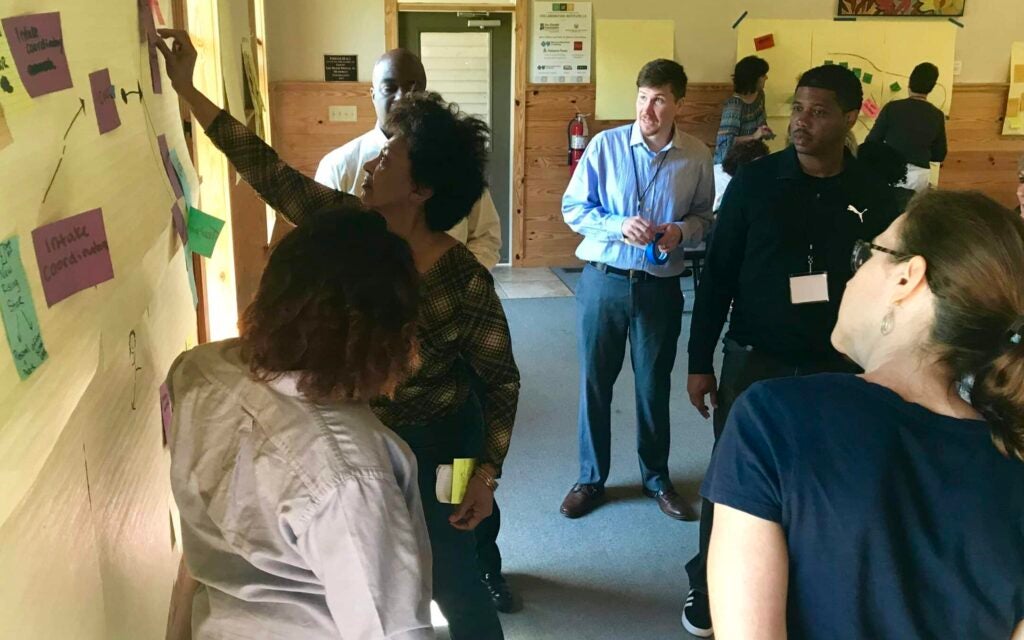
Today: Advancing Place-Rooted Development
Today, Aspen CSG is a small team of strategists, facilitators, and thought leaders working at the intersection of policy, practice, and community. We’ve connected thousands of rural practitioners across all 50 states. We support rural and Indigenous communities by providing strategic thinking, action frameworks, peer networks, and a platform to amplify what works. We center Indigenous worldviews, histories, and priorities in our work, honoring their distinct cultural heritage and legal status. We use the principles of Emergent Learning (a structured, relationship-centered approach) to build trust, inspire action, and produce practical results.
From 2018 to 2025, investments from the Robert Wood Johnson Foundation enabled Aspen CSG to deepen its work across the rural development field. With that support, we created tools and frameworks to help practitioners build capacity and advance equitable development.
In 2019, we published a foundational report defining the concept of Rural Development Hubs. Rural Development Hubs bring a region together for action, doing what needs to be done to fill gaps, repair existing systems, and build new ones. A critical recommendation from practitioners that emerged was the need to establish a consensus vision and framework for rural community and economic development.
In response, Aspen CSG collaborated with advisory committees, numerous local and regional organizations, national networks, and research partners over several years to develop the Thrive Rural Framework. Published in 2021, this tool helps practitioners to organize learning, deepen their understanding, and drive action toward greater prosperity. It outlines what is needed at both the local and system levels to reduce disparities and build thriving regions. The framework builds on all of Aspen CSG’s work mentioned above, especially the Rural Development Hubs report and the WealthWorks approach, all of which were shaped by input from practitioners and researchers across the country.
The Thrive Rural Framework codifies what we mean when we say “doing development differently”: holistic efforts that center well-being as the guide for success metrics. This approach focuses on the people of the region as assets to invest in, rather than on attraction efforts that prioritize people and businesses from outside the region.
In addition to this work, we continue to elevate practitioner voices through:
- Thrive Rural Action Learning Exchanges: We facilitate small group conversations using Emergent Learning techniques to generate recommendations for government, philanthropy, and field leaders
- Open Field Sessions: We convene real-time peer-to-peer exchanges on timely rural development issues
- Case Studies: We showcase how regional organizations are advancing thriving communities
As we mark 40 years, we’re not just reflecting—we’re strategizing. The challenges facing rural communities today—economic and racial inequality, climate change, and disinvestment—demand bold, place-rooted, equity-centered solutions.
And they require the deep collaboration, trust-building, and long-haul commitment that has always defined our work.
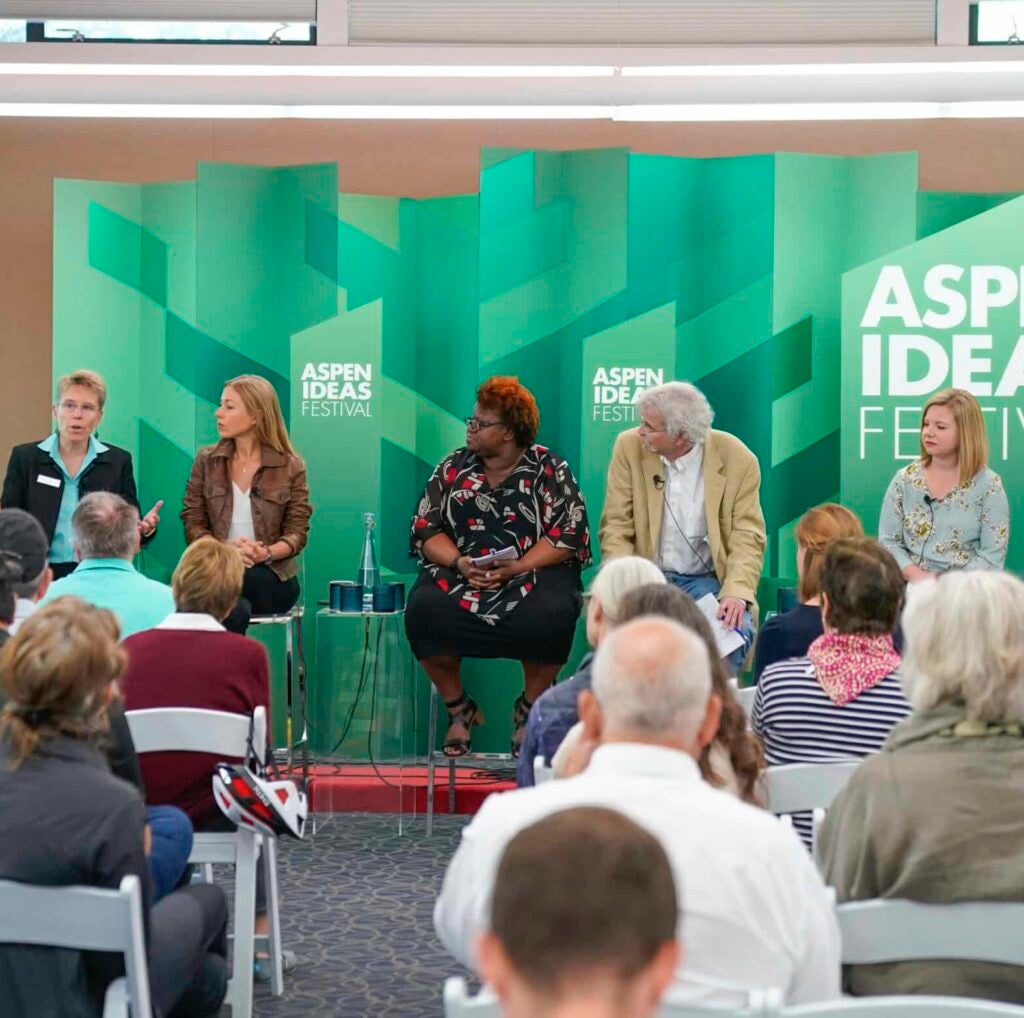
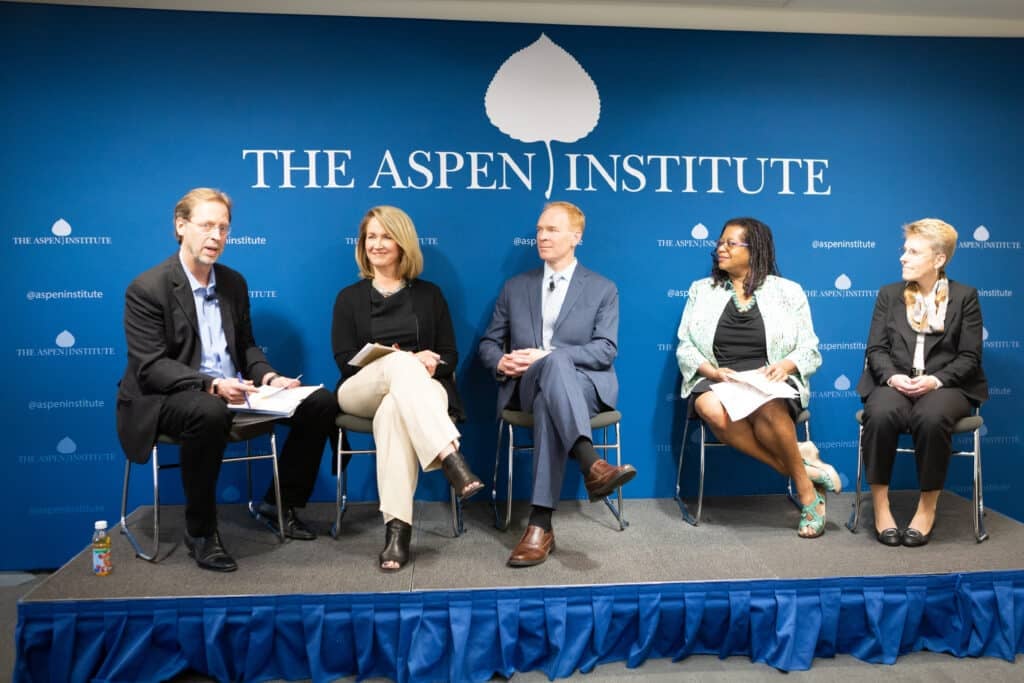
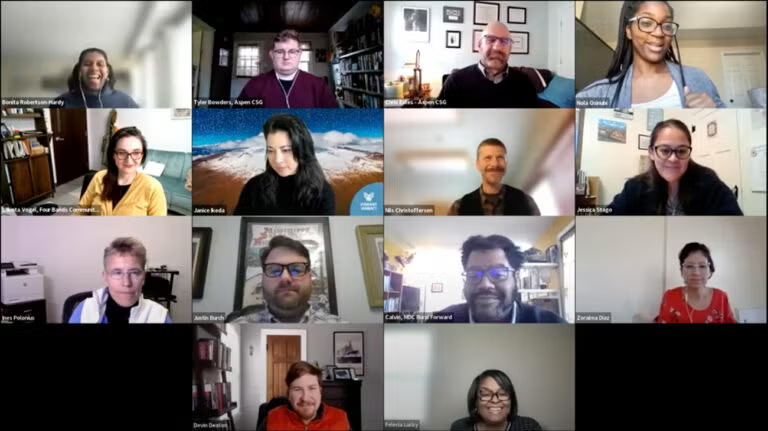
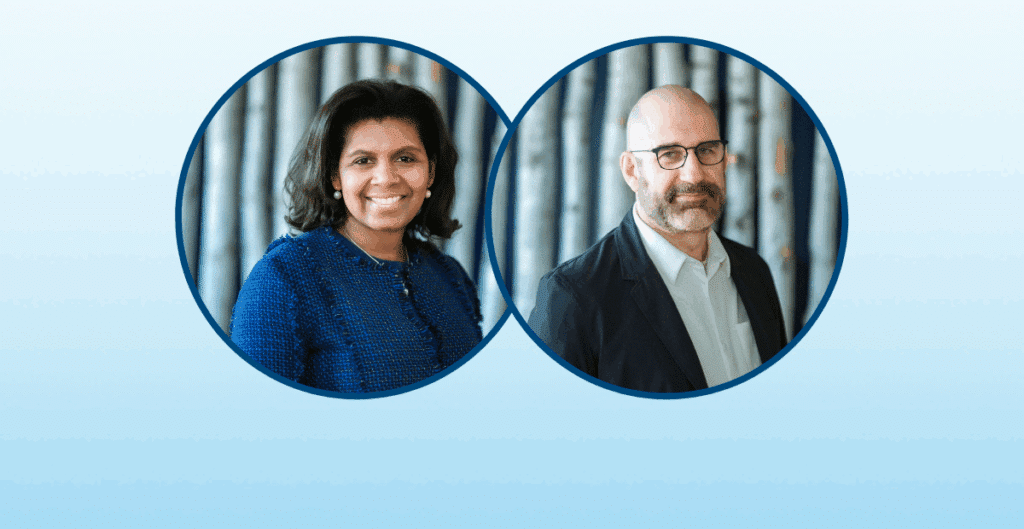
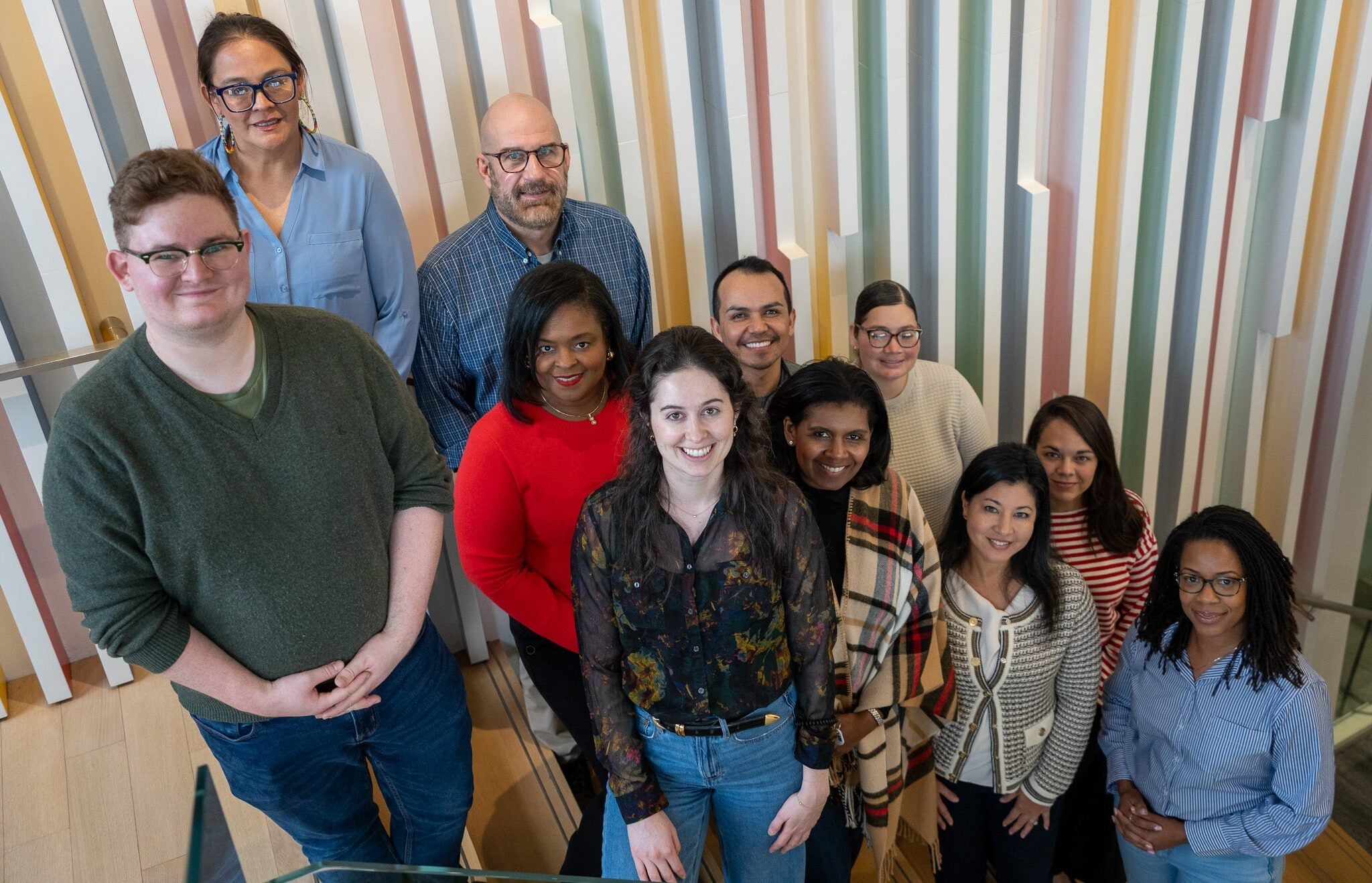
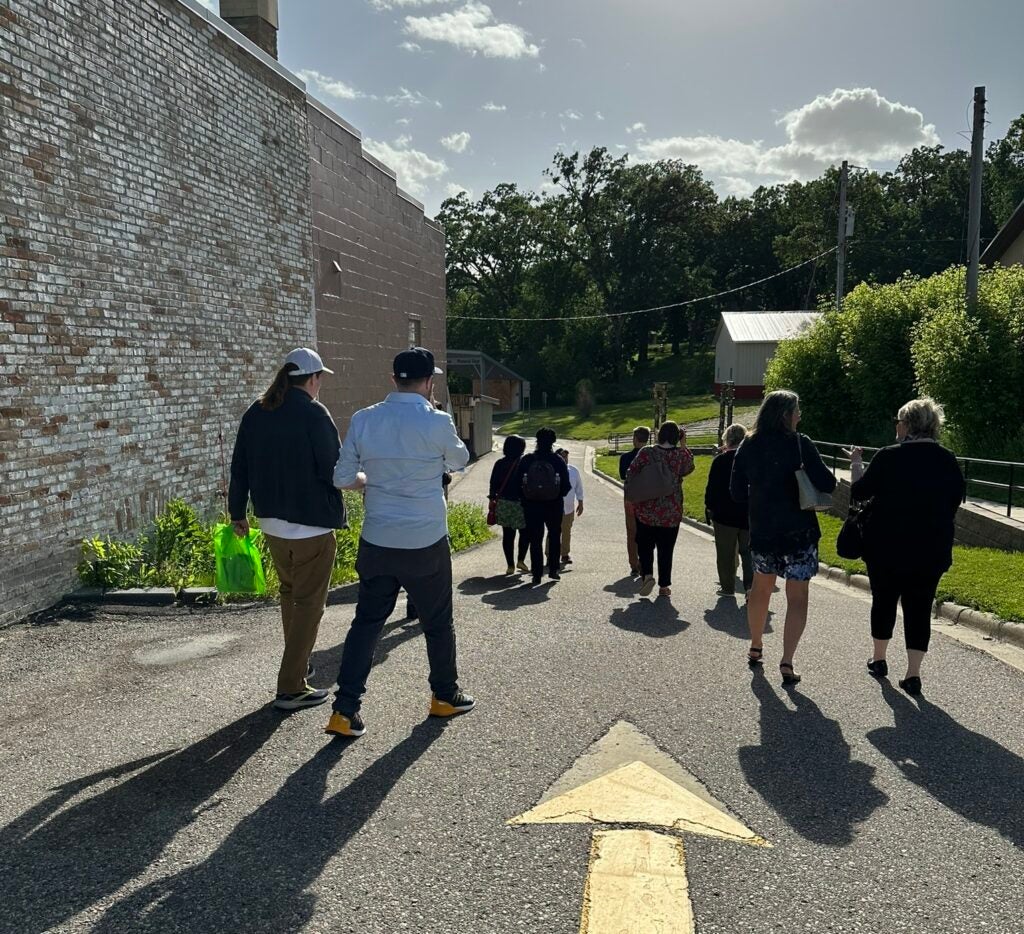
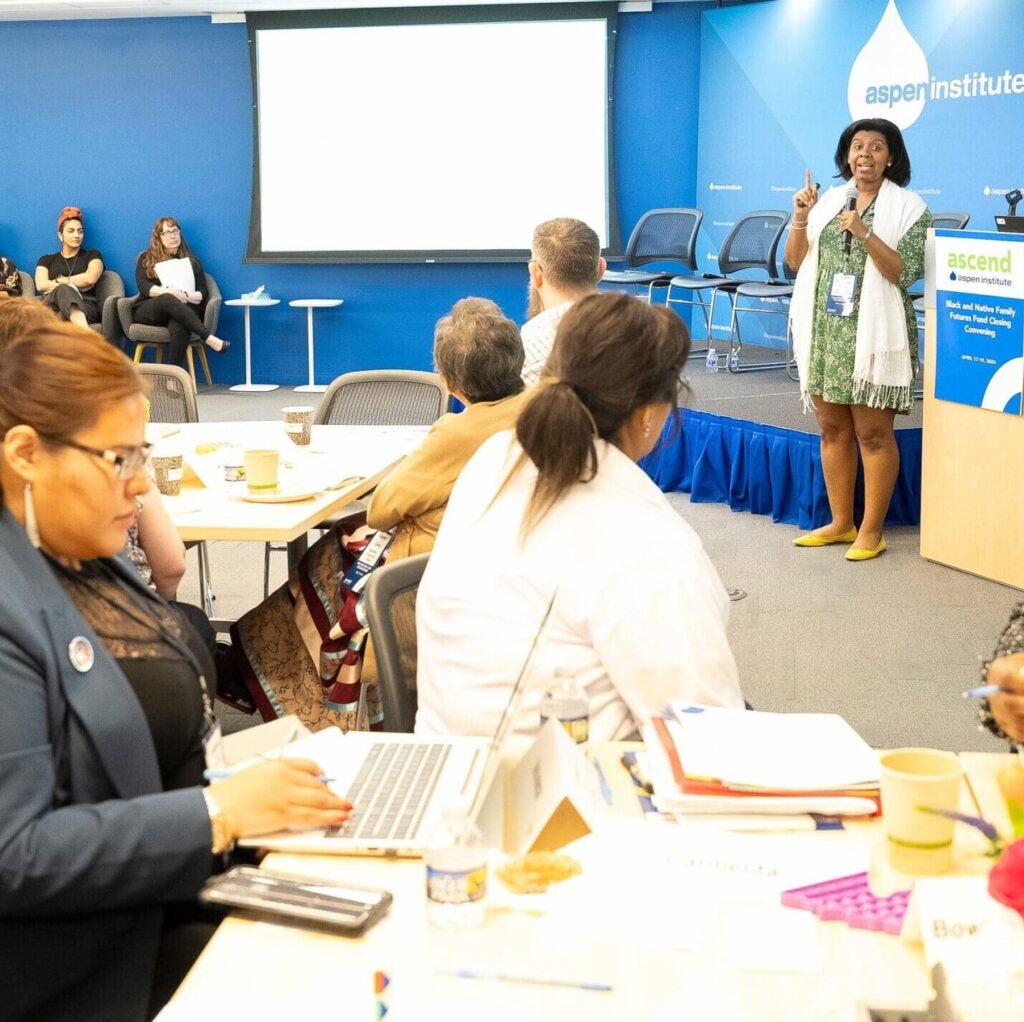

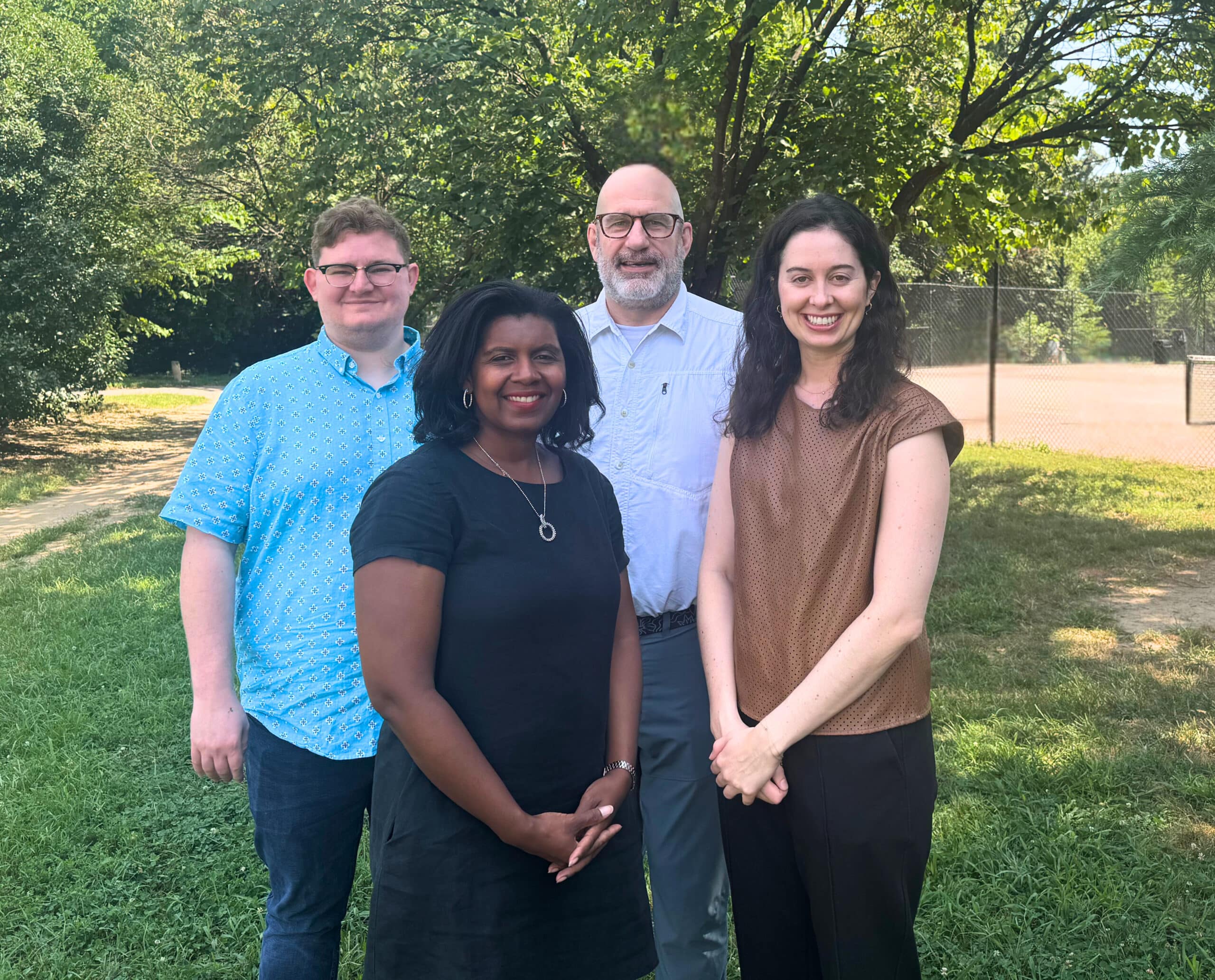
Aspen CSG’s Impact: Hear from Our Partners
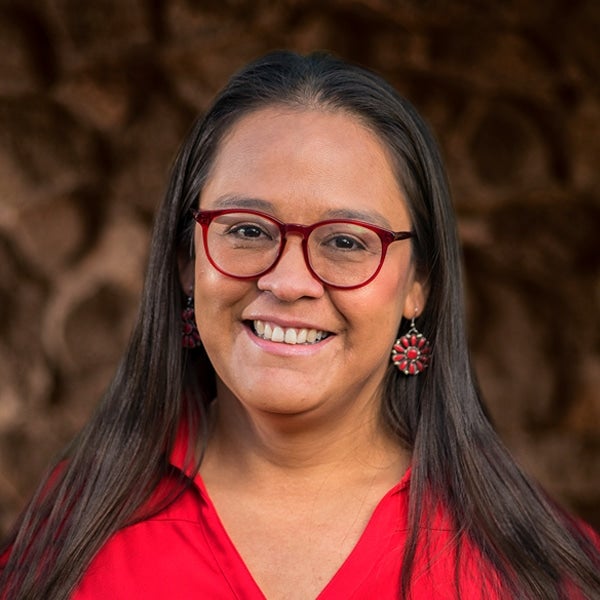
“Aspen CSG is all about rural development. They have so many different storylines, resources, and experiences that they can share. And it’s actually the first organization that I’ve seen that acknowledges that project-based economic development is not going to work for rural communities.”
Jessica Stago, Co-Founder, Change Labs
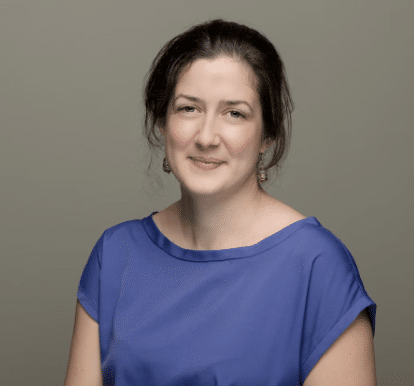
“I see Aspen CSG as really important glue in helping connect and hold together the field of practice that is really advancing an alternative approach to rural development and really doing rural development differently in a way that is really centered on being community-led and community-driven and really centered on equitable outcomes.
— Katrina Badger, Program Officer, Robert Wood Johnson Foundation
So the role that Aspen CSG is playing in centering the intersectionality of race, place and class together as an intersectional analysis and in advancing the conversations and solutions in a way that addresses all three of those together is what is I think, transformational in the field.”

“When an organization like the Aspen Institute features a rural organization, it gives us the ability to show that another national organization is shining a light on our work, so it validates us and gives us a level of credibility that I deeply appreciate because so often in rural regions, it’s hard to do this work, and having others point to it, highlight it and publish about it has been huge.”
— A Participant in Aspen CSG’s 2024 Evaluation Report
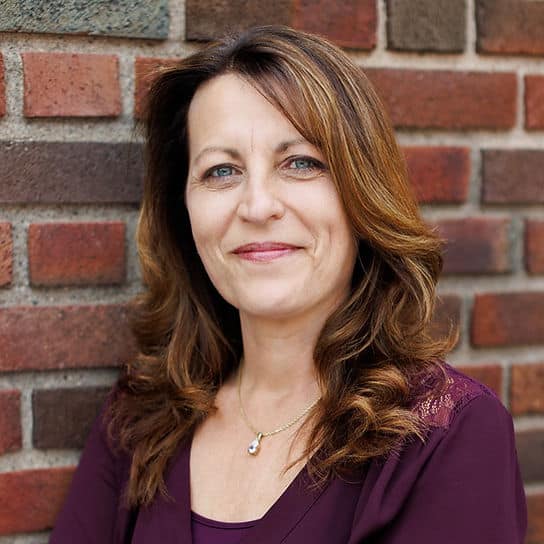
“The impact I particularly want folks to know about Aspen CSG is tied to a word that a lot of organizations use but find it difficult practice: transformative. Aspen CSG has transformed the field of community and economic development in profound ways. Specifically, they have introduced me to dozens of organizations across the country that I’ve created authentic relationships with, meaning I’ve cried with, laughed with, and strategized with.
— Cheryal Hills, Executive Director, Region Five Development Commission
I would not have had those relationships and the lessons that the partners graciously gave around how to wield the power and privilege I carry as a woman who’s been in this industry for many years to benefit all indigenous and rural places, not just my region – if not for the Aspen CSG and work they do.”

“I think they have in many ways shifted the way work is done. I think one of their greatest strengths are the gravitas of individuals they can get together and the intellectual capacity, the political capacity, monetary capacity of some of these individuals. So I think there’s been a shift there.”
— A Participant in Aspen CSG’s 2024 Evaluation Report
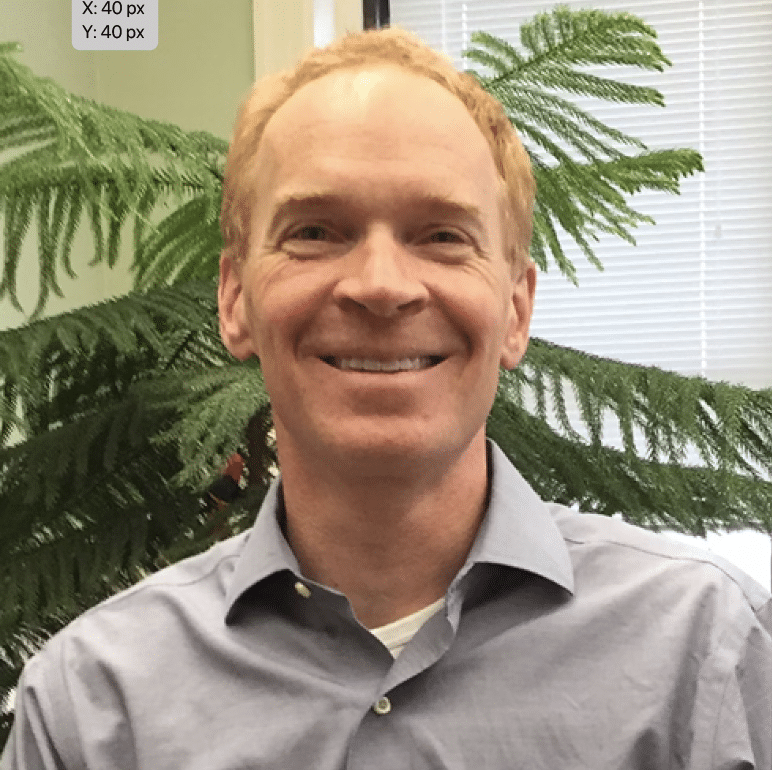
“Working in partnership with Aspen CSG has opened up a national playing field for us in relationships, in content, in understanding how the Northern Forest region fits into a national context around policy advocacy, and what it means to do economic development differently.”
— Rob Riley, President, Northern Forest Center
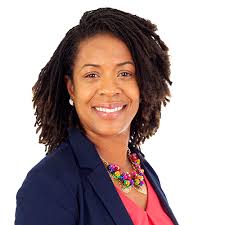
“For decades, Aspen CSG has been a cornerstone of rural advancement, supporting both organizations and communities. Their steady engagement and national leadership have been essential to building a stronger, more equitable rural America.”
— Brandy Bynum Dawson, Senior Director of Rural Prosperity and Investment, MDC
Thank You for Walking (and Working!) with Us
We’re grateful to our many partners, funders, community leaders, and colleagues—past and present—who have shaped the Community Strategies Group. You’ve taught us, challenged us, and walked with us through every shift and evolution.
We know that building thriving rural places takes more than good ideas. It takes networks of committed people who share what works and stay the course.
Here’s to 40 years—and to the next chapter of listening, learning, and building with rural America.





